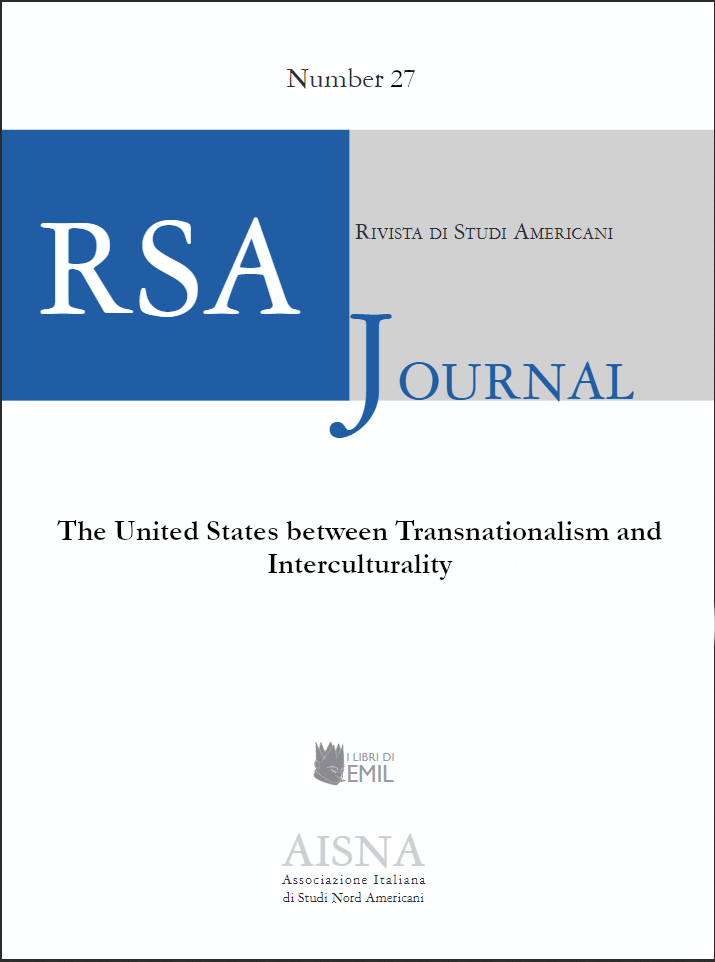The United States in World History
Transnationalism v. Exceptionalism
DOI:
https://doi.org/10.13135/1592-4467/8626Keywords:
exceptionalism, the United States, transnationalism, Cold WarAbstract
American “exceptionalism” is a myth, not history. Classic works cited as the foundation of exceptionalist America do not make such a claim. John Winthrop and Alexis de Tocqueville are treated as the “originalists” of “exceptionalism,” but in fact they placed American history within a larger framework – the progress of Christianity or that of equality. Before the 1940s, classic American historians did not make reference to “exceptionalism”: not Parkman nor Adams, Turner nor Beard. “Exceptionalism” was a product of the early Cold War. With the end of the Cold War and the emergence of “globalization,” historians, and social scientists in general, began to see that many of the key events or movements in the United States were part of transnational developments: the discovery, the revolution, the Civil War, social politics – and more.
Downloads
Published
Issue
Section
License
RSAJournal will apply a CC BY 4.0 license to all its contributions starting with issue 37 (2026). Previous issues are licensed under a CC BY-NC-ND licence.





